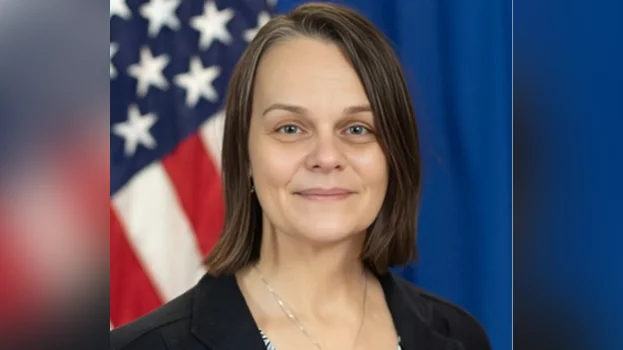The U.S. Embassy has addressed several common myths about the visitor visa process in its latest "Ask the Consul" column, aiming to clarify misconceptions that may confuse potential applicants.
One prevalent myth is that there is a quota on the number of business or tourist visas issued daily. The embassy clarifies, "There is NO quota on the number of business/tourist visas that can be issued in a day, month, or year." This means all qualified applicants have an equal chance of obtaining a visa regardless of how many have been issued previously.
Another misconception is that visa approval depends on luck or the mood of the consular officer. The embassy states, "Decisions about U.S. visas are based on U.S. immigration laws," emphasizing that officers apply consistent legal standards to each case.
It is also commonly believed that only wealthy individuals qualify for a visitor visa. However, consular officers consider various factors beyond financial status, such as trip purpose and ties to one's home country. "While there is no requirement that an applicant be wealthy," they must demonstrate they can cover their expenses while in the United States.
Additionally, being sponsored for an immigrant visa does not automatically disqualify someone from receiving a visitor visa. Applicants with pending immigrant applications may still apply for visitor visas; their overall circumstances will be reviewed by consular officers.
The embassy also debunks the idea that one must enter the United States within six months of receiving a visitor visa to prevent it from becoming invalid. They clarify: "A nonimmigrant visa is valid until its expiration date."
Lastly, paying a consultant does not increase one's chances of qualifying for a visa. Consultants do not influence decisions made by consular officers during interviews.
The U.S. Embassy encourages applicants to complete their own applications and pay fees directly through official channels provided on their website (https://gy.usembassy.gov/visas/). If using consultants, applicants should ensure accurate information submission.
“Ask the Consul” serves as an informative monthly column answering questions related to U.S. immigration law and other consular topics with further details available at https://gy.usembassy.gov/.
Applicants are advised against relying on third-party advice due to frequent changes in consular processes and potential inaccuracies from non-U.S government advisors.

